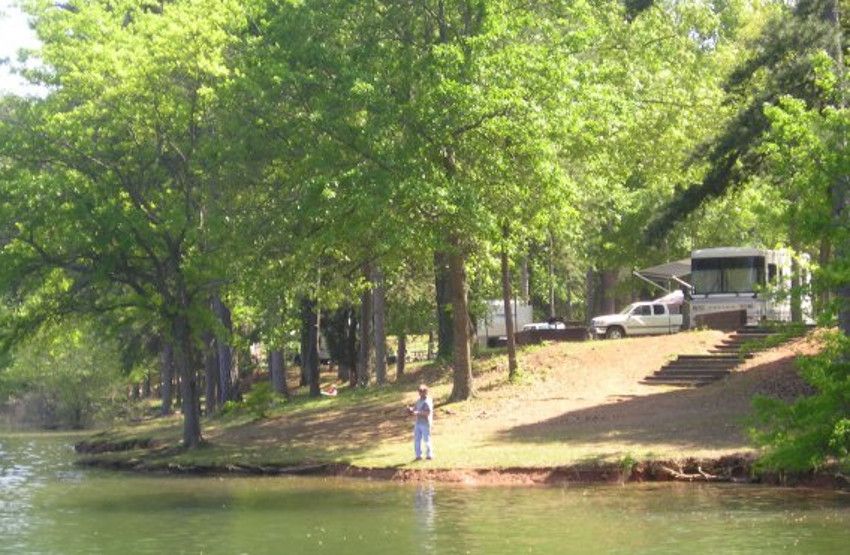Military trips offer a unique blend of history, adventure, and reflection. Whether you’re drawn to the historical significance of battlefields, the operational intricacies of active bases, or the camaraderie of veterans’ reunions, these journeys provide unparalleled insights into military life and global conflicts. This exploration delves into the diverse types of military trips available, the meticulous planning required, and the profound experiences awaiting those who embark on them.
From meticulously planned historical tours retracing pivotal battles to gaining exclusive access to active military installations, the possibilities are vast and varied. We’ll cover everything from securing necessary permissions and crafting detailed itineraries to addressing potential challenges and ensuring respectful engagement with military history and personnel.
Historical and Cultural Significance of Military Trips
Military trips, beyond their logistical and operational aspects, offer invaluable opportunities for understanding history and culture. These journeys provide firsthand engagement with locations and artifacts that bear witness to pivotal moments in human conflict and its enduring consequences, enriching our understanding of the past and its relevance to the present.
Visiting sites of historical military significance allows for a deeper appreciation of the human cost of war and the broader socio-political contexts that shaped these events. Direct observation of battlefields, memorials, and museums fosters a more nuanced comprehension than simply reading historical accounts. The physical presence at these locations enhances the emotional impact and allows for a more personal connection to the past.
The Impact of Military History on Cultural Landscapes
Military history profoundly shapes cultural landscapes. The presence of forts, memorials, and battlefields, often preserved or transformed into tourist sites, becomes integral to the identity and narrative of a region. These locations become spaces of remembrance, reflection, and often, reconciliation. The stories they tell, through architecture, artifacts, and commemorative practices, influence local traditions, folklore, and even national identity. For instance, the memorials erected to commemorate fallen soldiers often become sites of pilgrimage and communal mourning, shaping local rituals and social cohesion.
Understanding Past Conflicts and Their Consequences Through Military Trips
Military trips can facilitate a profound understanding of the consequences of past conflicts, extending beyond the immediate battlefield. Visits to sites affected by long-term consequences of war – devastated cities, former prisoner-of-war camps, or areas still impacted by landmines – provide a stark reminder of the enduring human and environmental costs. These sites offer opportunities to examine the social, economic, and political ramifications of conflict, promoting empathy and understanding for those affected, both directly and indirectly, by past wars. For example, a trip to Hiroshima offers a powerful testament to the destructive potential of modern warfare and its lasting impact on generations.
Visual Representation: The Gettysburg National Military Park
Imagine standing on Little Round Top in the Gettysburg National Military Park. Before you stretches a vast, undulating landscape, punctuated by monuments and markers indicating the positions of Union and Confederate troops during the pivotal three-day battle of July 1863. The air is still, yet you can almost hear the distant rumble of cannon fire. The monuments themselves – imposing statues and simple markers – are testaments to the courage and sacrifice of the soldiers who fought there. Each monument tells a story, a narrative of individual units and their actions during the battle. The sheer scale of the battlefield, the number of monuments, and the quiet solemnity of the place create a powerful and moving experience. The park serves as a poignant reminder of the immense cost of the American Civil War and the enduring legacy of this pivotal battle in shaping the course of American history. The landscape itself, forever scarred by the battle, serves as a tangible link to the past, a powerful testament to the human cost of conflict and the ongoing struggle for national unity.
Last Recap
Ultimately, military trips offer a potent combination of education, adventure, and personal reflection. By understanding the historical context, respecting the significance of these locations, and adhering to responsible tourism practices, we can ensure these journeys remain enriching and meaningful for all involved. Whether seeking historical understanding, personal connection, or simply a unique travel experience, military trips provide a profound and rewarding opportunity for exploration and learning.




